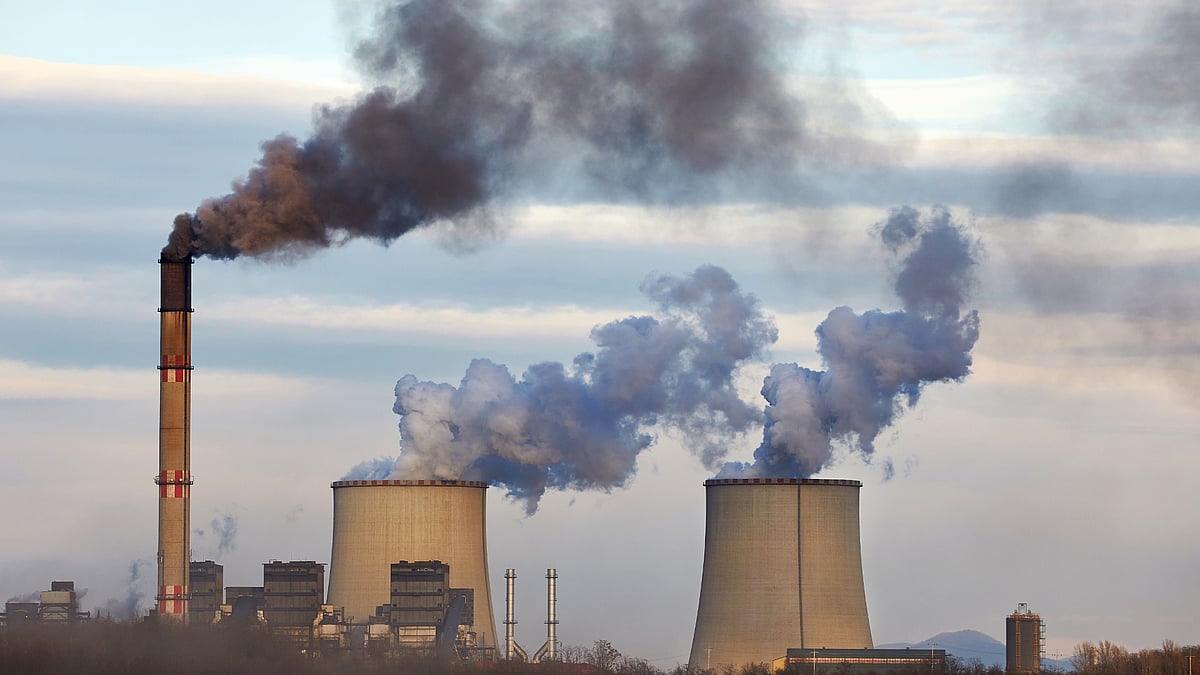Hindu joins over 30 leading dailies to call for climate tax on fossil fuel firms
Coordinated by British paper Guardian, the joint editorial coincides with the ongoing Cop27 summit in Egypt.
While climate finance remains among the most contested points at the Cop27 climate summit in Egypt, several media organisations across the globe have now released a joint editorial urging governments to boost climate funding by imposing high taxes on fossil fuel majors.
Coordinated by the Guardian, the editorial has been carried by more than 30 leading newspapers from around the world, including the Hindu in India, Tempo in Indonesia, the Mail & Guardian in South Africa, Haaretz in Israel, Rolling Stone in the US, El Espectador in Colombia, La Repubblica in Italy, and Libération in France.
UN secretary general Antonio Guterres had recently called for a windfall tax on fossil fuel firms, whose profits have surged with the Ukraine war driving up energy prices. The success of the Cop27 summit is considered to be dependent on how the issue of climate finance is tackled this time – especially with some industrialised countries resisting calls from vulnerable nations for increased funding.
The funds raised should be redistributed to poorer, vulnerable countries, the editorial says, as they are suffering the worst impact of the climate crisis despite having done the least to cause it.
"Rich nations should deliver on the promise of previously committed funds – such as the $100bn a year from 2020 – to signal their seriousness,” the editorial states. “As a bare minimum, a windfall tax on the combined profits of the largest oil and gas companies – estimated at almost $100bn in the first three months of the year – needs to be enacted. The United Nations was right to call for the cash to be used to support the most vulnerable.”
The editorial also states that any climate finance package must also consider developing economy debt. “Poor nations also carry debts that make it impossible to recover after climate-related disasters or protect themselves from future ones,” it states. “Creditors should be generous in writing off loans for those on the frontline of the climate emergency.”
“During the pandemic, central banks across the world lubricated states’ expenditure by buying up their own governments’ bonds. The trillions of dollars needed to deal with the ecological emergency demands such radical thinking returns,” it adds while noting concerns about the global economic crisis.
“Rich countries account for just one in eight people in the world today but are responsible for half of greenhouse gases. These nations have a clear moral responsibility to help,” it says. “This is no time for apathy or complacency; the urgency of the moment is upon us.”
Guardian editor-in-chief Katharine Viner said, “With Cop27 taking place in Egypt, we wanted to publish an ambitious editorial that highlights how strongly many different news organisations, and our readers, feel about the climate crisis. This joint editorial is a powerful demonstration of how news organisations around the world can come together to collaborate in the public interest.”
Andre Wright, the acting editor-in-chief of the Gleaner, Jamaica’s leading newspaper, told the Guardian, “We join in the advocacy that the time has come for action. Experts believe we are already on an existential precipice; further procrastination will push the world over the edge. Climate justice is one of the most important global mandates of modern times. Major economies guilty of unsustainable investments in fossil fuels must be held accountable.”
NL Digest
A weekly guide to the best of our stories from our editors and reporters. Note: Skip if you're a subscriber. All subscribers get a weekly, subscriber-only newsletter by default.
